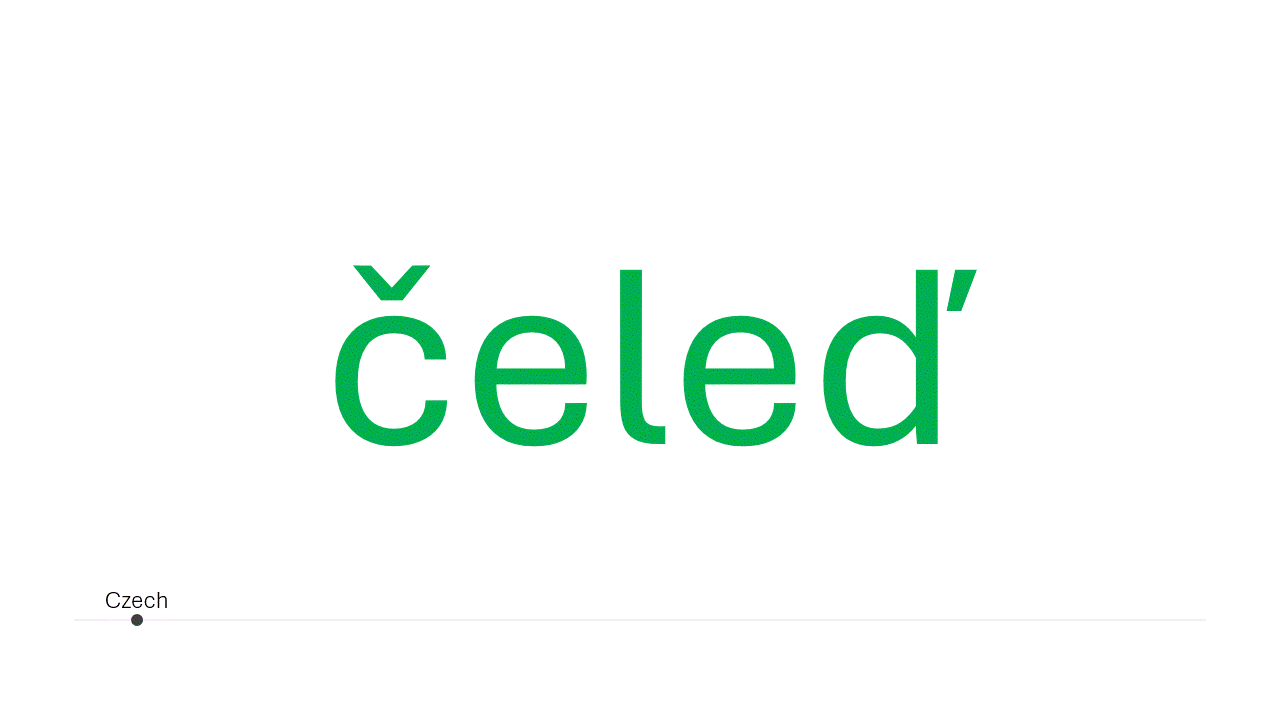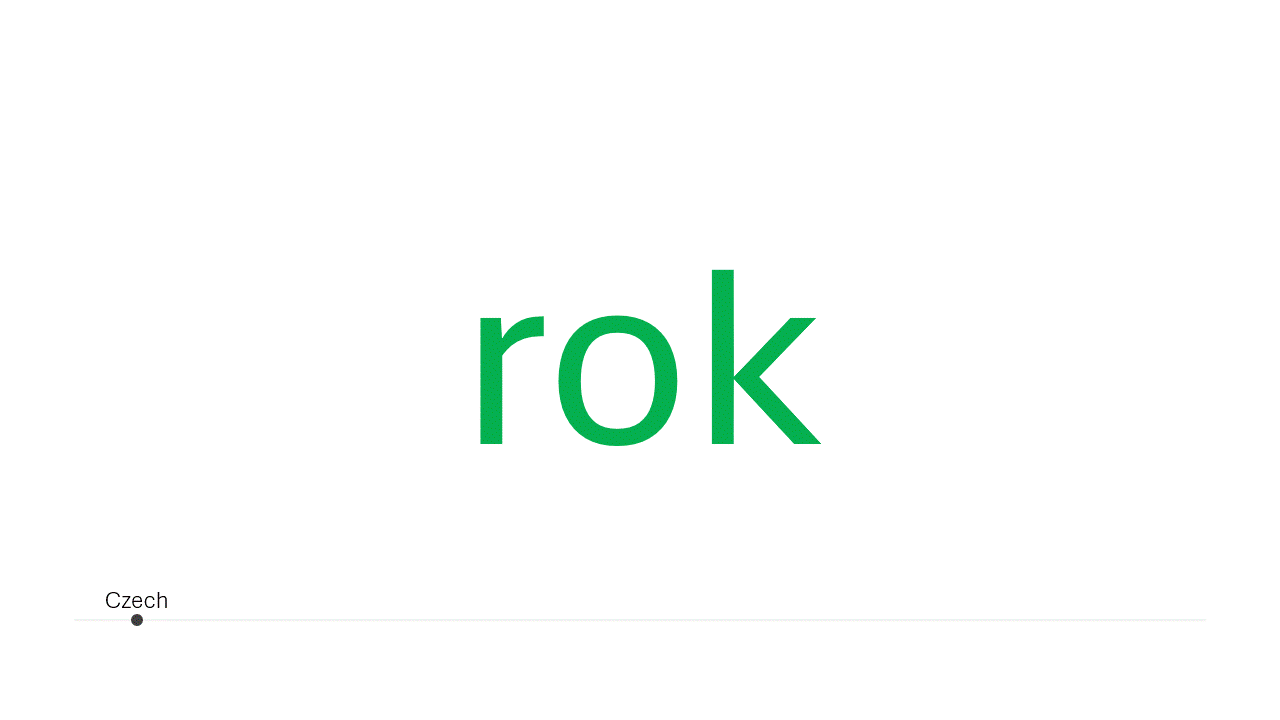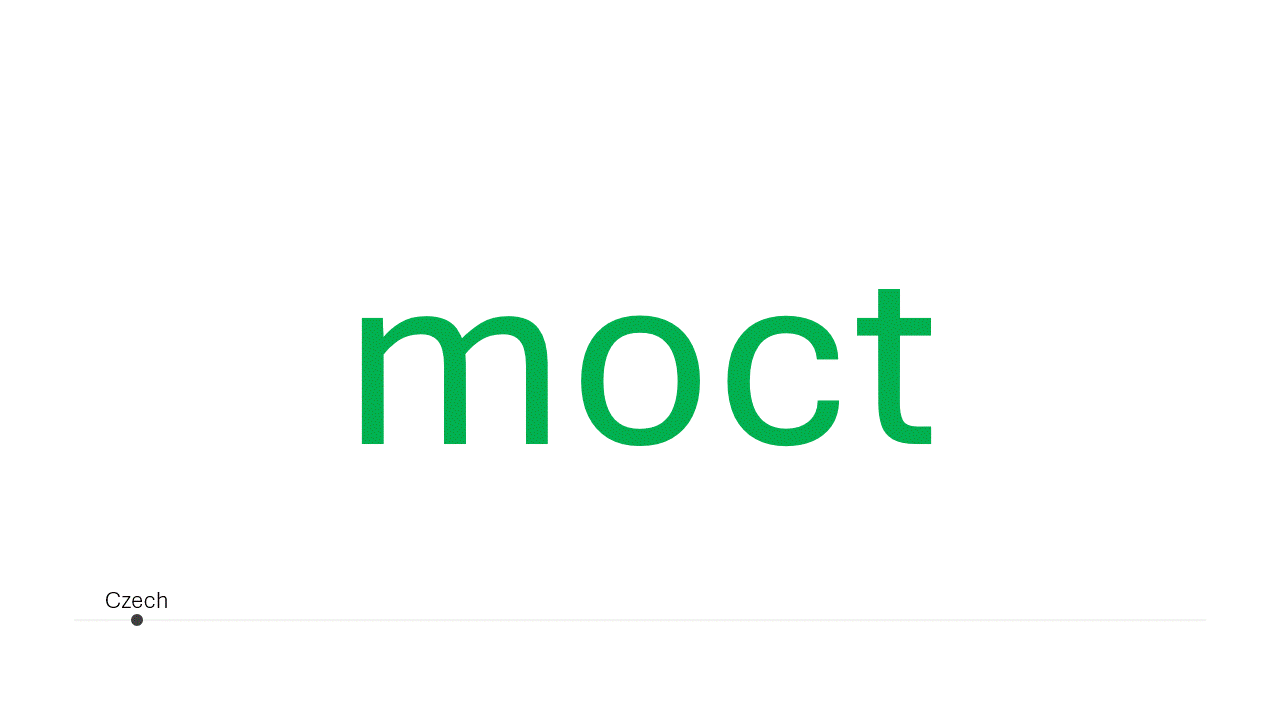Czech may be more closely related to English than you think.
Czech can often seem impossibly daunting and very foreign, but there are many connections we can make between Czech and English, as well as other European languages for that matter. The more of these connections we know, the more manageable this language seems.

Člověk (person, human)
Člověk is a compound word that was slapped together a long time ago during the Proto-Balto-Slavic period and the first half of ‘člověk’ (čeleď) is related to the English word ‘shoal’ as in a ‘shoal of fish’.

Rok (year)
Rok (year) is related to the English verb ‘to roar’, as in ‘to roar like a lion’. Rok actually derives from another common Czech verb říct (to say / to tell) which is where we get the connection to ‘roar’.

Moct (can, be able to)
Moct (can, be able to) is directly to the English modal auxiliary verb ‘may’ via the Proto-Indo-European (PIE) root *megʰ- which means ‘to be able to’.
